DEA’s Rescheduling of CBD Is No Industry Cure-All
By J.J. McCoy, Senior Managing Editor, for New Frontier Data
Recent news that the U.S. Drug Enforcement Agency (DEA) is rescheduling cannabidiol (CBD) for use in FDA-approved medicine was warmly welcomed by the cannabis industry, but it felt confusingly tepid on delivery. Overall, the announcement is a boon for Big Pharma companies looking to develop and market their own cannabis-based drugs, but it remains an obstacle for a myriad marketers of CBD “wellness” products.
As New Frontier Data explained in July, there was, from the start, a general misunderstanding throughout the industry about what the FDA decision meant regarding the federal government’s attitude toward CBD sales. The FDA’s approval last June of GW Pharmaceuticals’ patented Epidiolex for juvenile epilepsy led many to think that cannabis or CBD would be immediately rescheduled, but that was not the case: Now, only the use of CBD in Epidiolex itself has been given a green light by the federal government.
The DEA’s placement of Epidiolex on Schedule V of the Controlled Substances Act (1970) is generally a positive outcome for the industry, if mainly as a precedent. However, in so scheduling Epidiolex, the DEA’s order confused the issue for other CBD products “derived from cannabis.”
The crux is that “marijuana is still a Schedule I substance; CBD is not scheduled itself, but as a substance derived from marijuana,” explained attorney Shawn Hauser, senior associate with Vicente Sederberg LLC, and director of the Denver-based law firm’s Hemp and Cannabinoid Group. “Yet, the potential for marijuana or CBD is groundbreaking,” she added.
That is good news for pharmaceutical companies that want to develop and market cannabis-based drugs, but not for producers or marketers of other cannabis “wellness” products. Thus, the DEA is effectively keeping much of the burgeoning CBD industry in check, since the CBD in Epidiolex is manufactured and produced under strict standards, typical for any other FDA-approved drug. The CBD which approved by the FDA is pharmaceutical-grade, not simply drawn from the plant; meanwhile, forms of CBD used in many other products are not (yet) standardized or regulated.
Furthermore, companies that fail to meet local and state regulations risk losing their operating licenses, so compliance is critical. Lacking established, industrywide standards, CBD products are too often poorly or not regulated, resulting in broadly disparate variations in content, price, and safety. The DEA’s action is a step toward keeping unvetted products off the market.
A 2017 study in the Journal of the American Medical Association (JAMA), Labeling Accuracy of Cannabidiol Extracts Sold Online, found that more than 2/3 of 84 products bought from 31 online vendors had levels of CBD different than claimed on their labels: About half had more CBD than claimed, while nearly a quarter had less. Likewise, 21% of the products tested positive for THC without noting such on their labels.
As for where things will lead now, Hoban Law Group has outlined an approach in challenging the DEA’s narrow scope.
“While the agency’s handling of Epidiolex was expected, DEA’s seeming disregard for the law, court orders, and its own admissions as to the lawfulness of hemp continues to occur,” replied Bob Hoban, the Denver-based firm’s managing partner.
He concluded that the “action further underscores the importance, perhaps now more than ever before, of Congress working through its differences and enacting the 2018 version of the Farm Bill, despite suggestions [that] those efforts may be delayed until after the November midterm elections. Hemp will be fully protected in the 2018 Farm Bill, but the timing of passage is vitally important.”


J.J. McCoy
J.J. McCoy is Senior Managing Editor for New Frontier Data. A former staff writer for The Washington Post, he is a career journalist having covered emerging technologies among industries including aviation, satellites, transportation, law enforcement, the Smart Grid and professional sports. He has reported from the White House, the U.S. Senate, three continents and counting.


